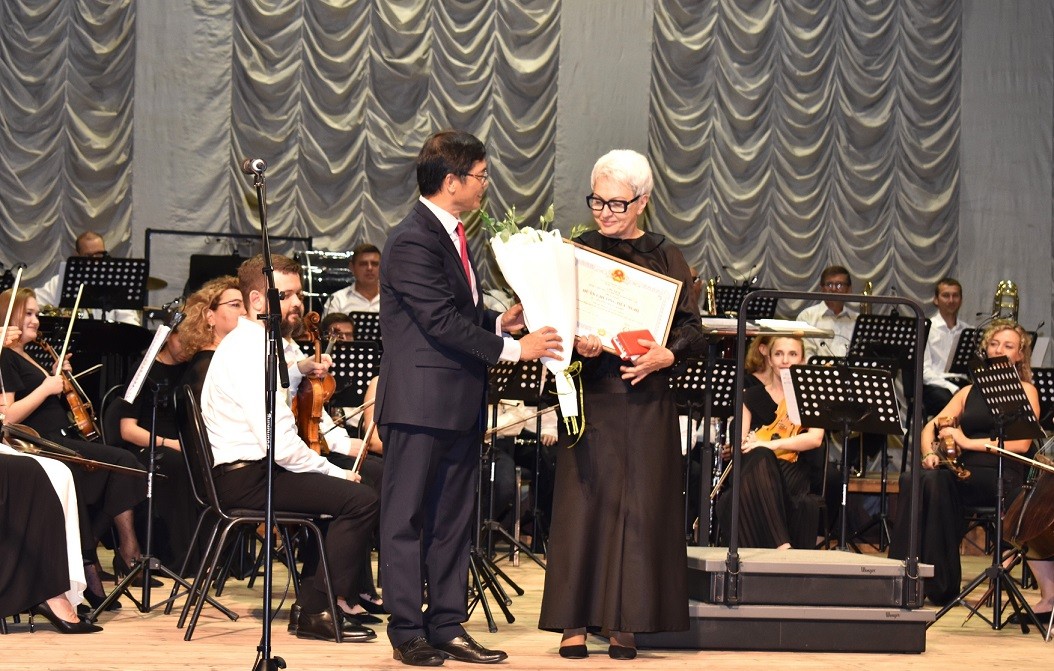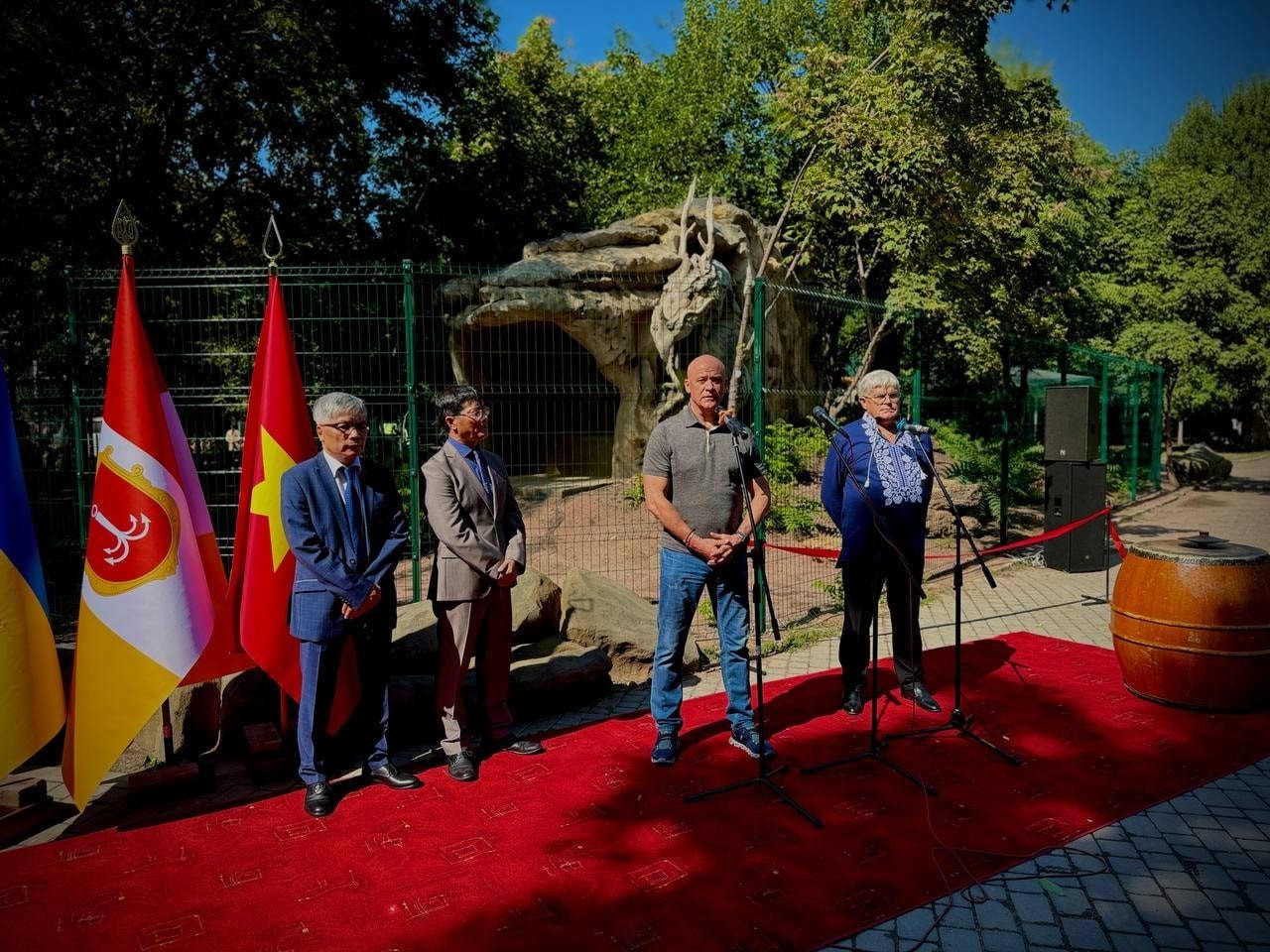Ukraine Dam Breach and Concerns Circulating Global Food Security
Increased risk to world's breadbasket
“This is a breadbasket—that whole area going down towards the Black Sea and Crimea is a breadbasket not only for Ukraine but also for the world,” said Griffiths to the BBC. “We’re in difficulties already on food security but food prices, I’m sure, are bound to increase.”
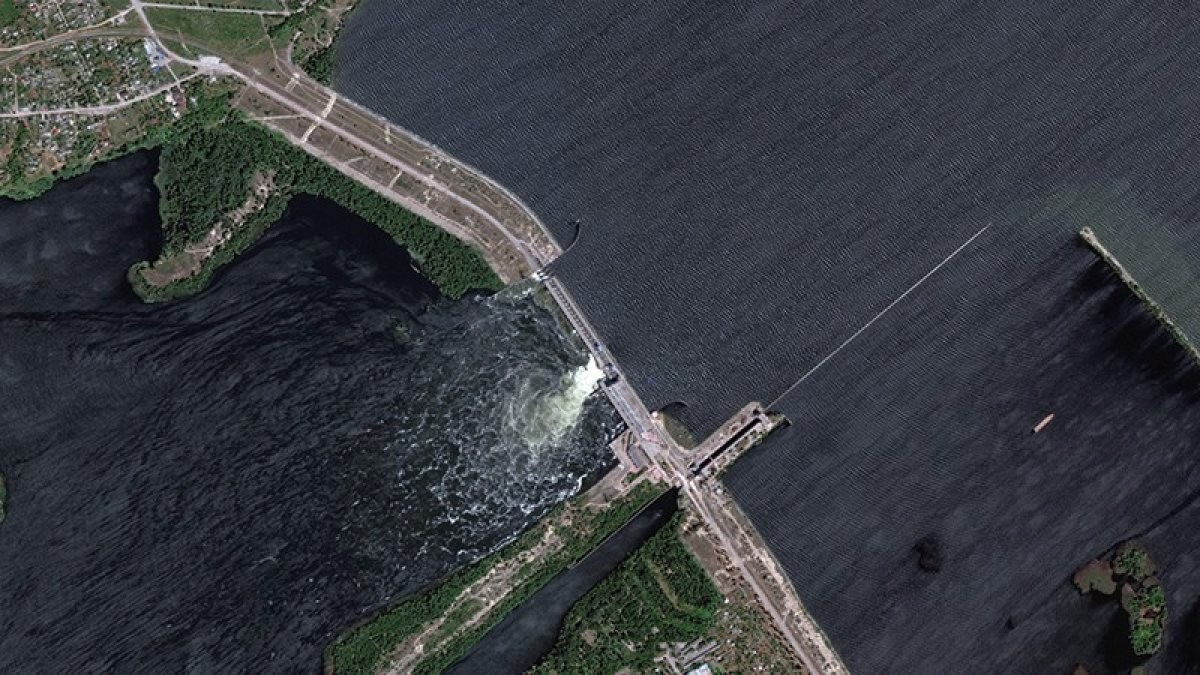 |
| Satellite image of the Kakhovka hydroelectric dam on the Dnipro River in Kherson (: Maxar Technologies/Reuters) |
The worries arise during a period when the Nova Kakhovka dam serves as a crucial water supply for millions residing in Kherson, as well as the Dnipro and Zaporizhzhia regions. The dam plays a significant role in agricultural irrigation in southern Kherson and Crimea, which experienced a severe breach on 6/6/2023. The incident occurred in Kherson province, within the region under Russian control.
The Ukrainian Agrarian and Food Ministry announced that approximately 10,000 hectares of agricultural land on the western side of Ukraine, under Ukrainian control, are predicted to be submerged due to the dam breach. The most recent report indicates that the breach of the dam has resulted in 94% of the irrigation system in Kherson being deprived of water, along with 74% in Zaporizhzhia and 30% in the Dnipro region. Fields in southern Ukraine could “turn into deserts,” warned the Ministry.
The conflict between Russia and its neighboring country on 02/2022 had a notable influence on the global agricultural food industry, given that Ukraine ranks among the largest producers of wheat and sunflower oil worldwide.
Ukraine held a position among the top five global grain producers before the Russian military campaign in the country. Since Ukraine contributed approximately 15% of global corn exports and 12% of global wheat exports, any obstacles that impede access to Ukrainian grain exports could worsen worldwide food insecurity, as witnessed during the initial stages of Russia's conflict in Ukraine.
Are food supplies being weaponized?
The destruction of the Kakhovka dam and hydropower plant, situated in a Russian-controlled area along the Dnieper River, sparked concerns about the potential disruption of Ukraine's ability to supply affordable wheat, barley, corn, and sunflower oil to developing countries, where people are already dealing with livelihood challenges, hunger, and rising food costs.
The signing of the Black Sea Grain Initiative in 07/2022 between Russia and Ukraine established secure pathways for the transportation of food and fertilizer until 17/07/2023. This agreement has helped lower global food prices and enhance food security in impoverished nations across Africa and Asia. Despite the ongoing Russian-Ukrainian conflict, over 30.3 million metric tons of grain have been successfully transported through the Black Sea corridor since 08/2022, with approximately 57% of these grain exports being sent to countries such as Yemen, Ethiopia, Djibouti, Somalia, and Afghanistan.
The Black Sea Grain Initiative is now in jeopardy as Russia considers withdrawing from the agreement, as Russian President Vladimir Putin stated during a press conference on June 13, 2023. Food exports have been significantly reduced as an outcome of this potential withdrawal. The impasse in renewing the agreement is primarily due to clauses pertaining to Russian interests, raising concerns that Moscow could potentially use the agreement to “blackmail” Western nations into removing sanctions.
Experts are also concerned that Russia could use the food transportation route as a weapon of war, increasing its control over the global supply chain. This situation is exacerbated due to numerous Ukrainian grain ships are still stranded in the Black Sea.
“People are going to be watching to see what happens with the agreement,” said Glauber, former chief economist at the U.S. Department of Agriculture. “This reminds everyone that it’s not just pro forma, that this could be a very serious development if indeed the agreement is broken.”
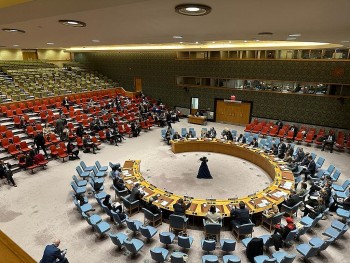 | Vietnam Upholds Trust-Building Measures to Prevent Conflicts The Vietnamese diplomat stressed the importance of mutual trust and understanding between UN peacekeeping missions and local governments and peoples to build post-conflict peace. |
 | Vietnam-Africa: Ample Room to Cooperate in Agriculture, Food Security, Digital Transformation "Economic and investment cooperation between Vietnam and African countries is expanding. The two sides have great room to continue cooperation, especially agricultural development, food security, ... |
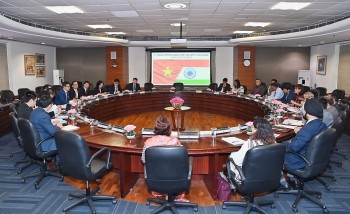 | Third India-Vietnam Maritime Security Dialogue Held in New Delhi The dialogue was conducted on May 31, reviewing ongoing cooperation initiatives in the maritime domain between the two countries and avenues of reinforcing international and ... |
Recommended
 World
World
Pakistan NCRC report explores emerging child rights issues
 World
World
"India has right to defend herself against terror," says German Foreign Minister, endorses Op Sindoor
 World
World
‘We stand with India’: Japan, UAE back New Delhi over its global outreach against terror
 World
World
'Action Was Entirely Justifiable': Former US NSA John Bolton Backs India's Right After Pahalgam Attack
 World
World
US, China Conclude Trade Talks with Positive Outcome
 World
World
Nifty, Sensex jumped more than 2% in opening as India-Pakistan tensions ease
 World
World
Easing of US-China Tariffs: Markets React Positively, Experts Remain Cautious
 World
World

